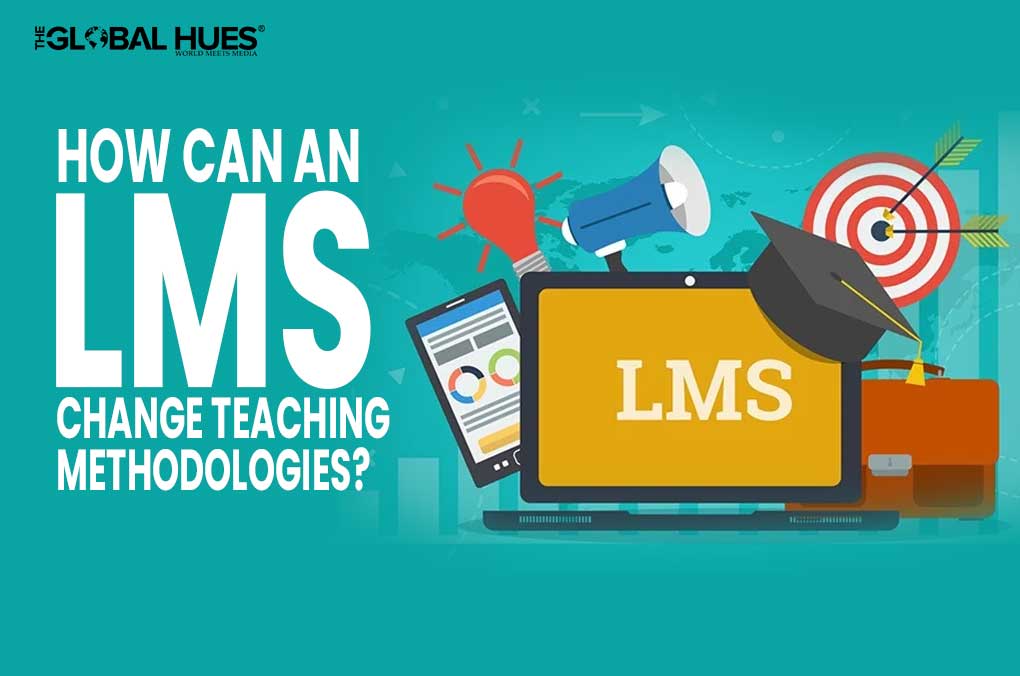A learning management system is a widely used tool these days to assist teachers, students and multiple stakeholders of an educational institution participate in academic and other activities for smooth administration. It is one of the most efficient methods of maintaining regular school records, and documenting student progress and with additional features, it could also be used to personalize.
However, with the prolonged use of such a system, an institute’s ERP has changed how education was perceived earlier. Education is a unique learning experience that impacts a person. It shapes their entire personality, career paths, characteristic traits, skills, weaknesses, strengths, and perception of life. Teachers always maintain quality educational standards to ensure that every student becomes a good person, capable of achieving great things.
What is a teaching methodology?
Before beginning a session, teachers formulate several ways to complete their syllabus and advance into several topics. For this, they consider;
- The strength of a classroom
- Course difficulty level
- The volume of the syllabus
- Educational Philosophy
- Personal preferences
- Average intellectual level in a classroom
A teaching methodology is a way of educating a group of students to achieve maximum productivity. The effectiveness of a teaching methodology determines its likeness chosen in educational systems.
During the pandemic, institutions mostly had the assistance of ERP for schools. The methodologies that are traditionally used to foster growth and development among students no longer worked because the same physical forms of teaching ceased to exist. Hence, teachers adapted unique teaching methodologies to allow students to learn even with a digital barrier.
Today, situations might have changed and we have multiple systems of learning, including online, hybrid, and distance learning but the impact of unique teaching and learning methodologies has remained due to their advantages.
Reflective teaching methodology
A teacher spends hours every day and even weakens structuring the syllabus, curriculum, and teaching patterns. All of this is only to ensure that the education they impart is effective. Teachers who don’t have a specific methodology fail to deliver quality lessons and lectures, resulting in low performance among the students.
That is why most experienced teachers swear by their personalized teaching methodologies.
However, since and after the pandemic, education systems have changed by leaps and bounds. There are some compulsory features every learning or teaching practice might have, and reflective teaching practice is the most applicable.
What are reflective teaching practices?
Reflective teaching methodology has a very simple concept- Educators plan a lesson curriculum, note down topics they’re supposed to explain regularly and be constantly aware of how they teach it and the purpose of teaching it.
The best part about a reflective teaching practice is that it can be used by both teachers and students.
It is characterized by;
- Constant involvement in learning theories and activities
- Clear communication lines among students and teachers
- Revision classes, assignments, and homework to help students reflect on their understanding level of any subject or topic
- Practical experiences or application-based understanding
- Recording and analyzing progress to reflect on student performance
- Establishing a systematic routine or curriculum to keep track of learning activities
How to practice reflective methodology?
Although teachers might use it in a classroom without students being aware, they have always practiced it, whenever a student maintains a journal to note down things they have to do for the day or to track their productivity level and progress with deadlines for various assignments, they are practicing in reflective teaching methodologies.
For achieving the best results, here are some approaches students can adopt;
- Record the classes and upload them in the official institute ERP software or learning management system for future reference and reflection on past learnings.
- Maintain a book of homework or assignments to refer to while taking notes and reading course material.
- Seek assistance from friends, and participate in group discussions, social activities, debates, and group studies.
- Maintain a journal.
- Participate in creative activities that helped them relate to academic learning to have a better perception of their academic material.
Teachers can explain what reflective teaching methodology is in a classroom and encourage students to use features of their learning management system to practice it.
Conclusion
A learning management system supports reflective teaching practices because it guarantees maximum results even with a digital barrier. Teachers find it easy to apply in any platform or medium of taking classes, and students can easily participate in it without the formal tag of following a specific learning method.




